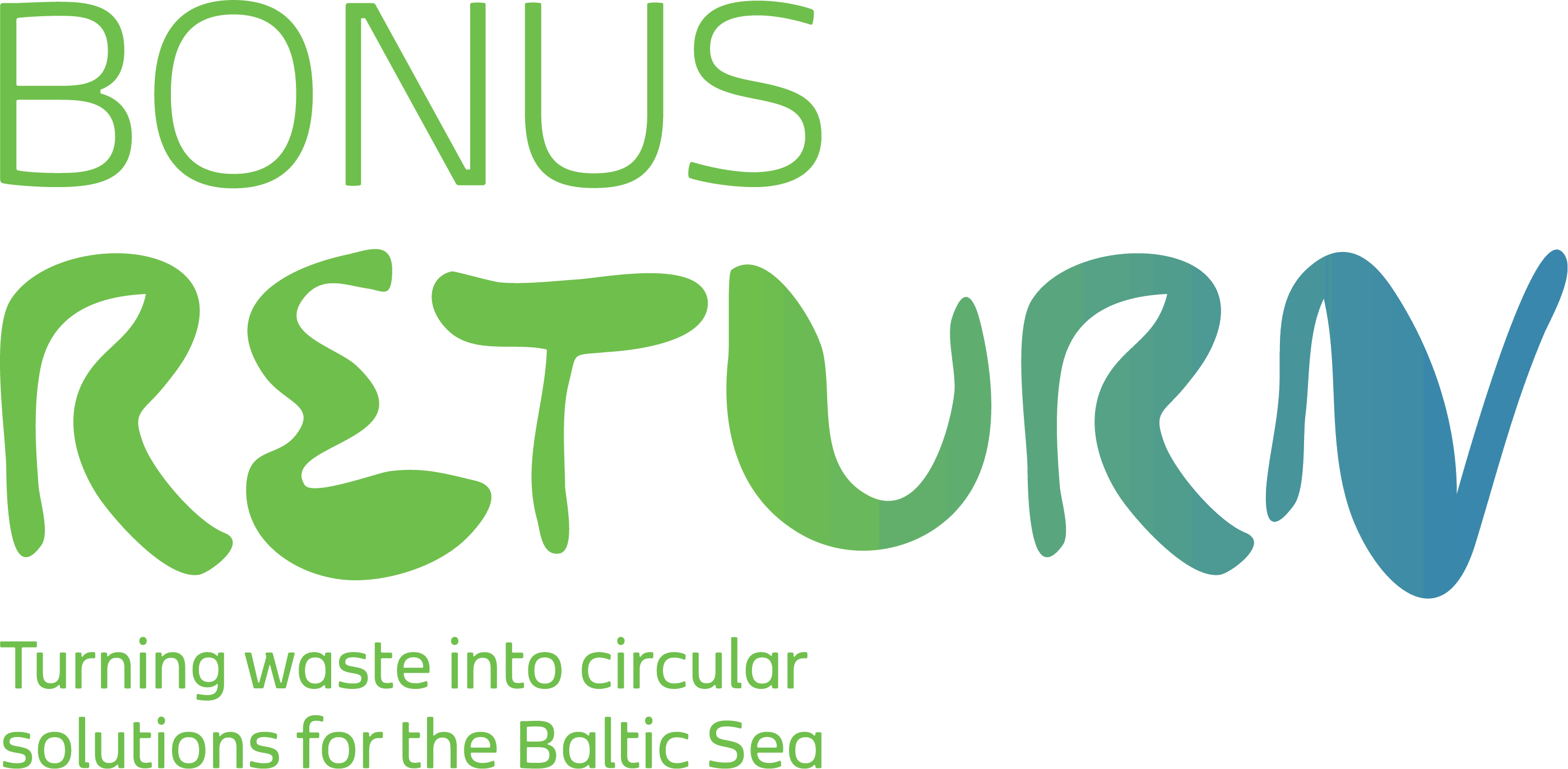Circular nutrient solutions for agriculture and wastewater – a review of technologies and practices
This paper highlights approaches for transforming towards a more circular nutrient economy with relevance to SDGs 6 and 14.
This paper highlights approaches for transforming towards a more circular nutrient economy with relevance to SDGs 6 and 14.
It is necessary to capture as much phosphorus as possible to keep it on land and not in the Baltic Sea, as it is an important resource for food production
Pollution of the Baltic Sea continues to be a problem. The biggest terrestrial sources of nutrient emissions to the Baltic Sea are agriculture and wastewater. BONUS RETURN is currently conducting two systematic maps to collate and describe evidence on eco-technologies that are available to help recover phosphorus, nitrogen and carbon from wastewater and agriculture.
It is necessary to capture as much phosphorus as possible to keep it on land and not in the Baltic Sea, as it is an important resource for food production
We can alter the phosphorus chain by making sure phosphorus is diverted back to agricultural fields instead of ending up in the sea.
Pollution of the Baltic Sea continues to be a problem. The biggest terrestrial sources of nutrient emissions to the Baltic Sea are agriculture and wastewater. BONUS RETURN is currently conducting two systematic maps to collate and describe evidence on eco-technologies that are available to help recover phosphorus, nitrogen and carbon from wastewater and agriculture.
Reusing treated sewage sludge in agriculture can make sound economic and environmental sense. But as history shows, even the safest reuse technologies need to win over hearts as well as minds.
When you visit any web site, it may store or retrieve information on your browser, mostly in the form of cookies. This information might be about you, your preferences or your device and is mostly used to make the site work as you expect it to. The information does not usually directly identify you, but it can give you a more personalised web experience.
Because we respect your right to privacy, you can choose not to allow some types of cookies. Click on the different category headings to find out more and change our default settings. However, blocking some types of cookies may impact your experience of the site and the services we are able to offer.
You can adjust all of your cookie settings by navigating the tabs on the left hand side.
Strictly Necessary Cookie should be enabled at all times so that we can save your preferences for cookie settings.
If you disable this cookie, we will not be able to save your preferences. This means that every time you visit this website you will need to enable or disable cookies again.
This website uses Google Analytics to collect anonymous information such as the number of visitors to the site, and the most popular pages.
Keeping this cookie enabled helps us to improve our website.
Please enable Strictly Necessary Cookies first so that we can save your preferences!
More information about our Cookie Policy
